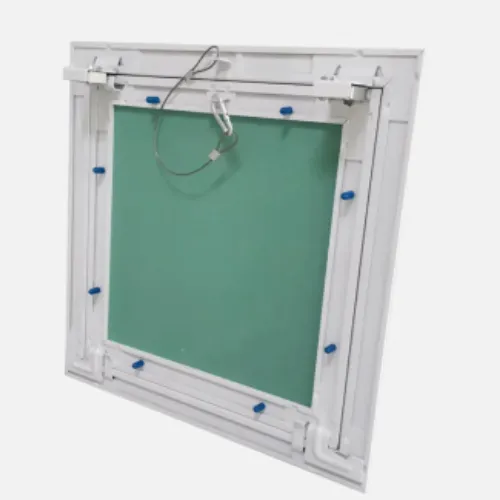Dec . 07, 2024 15:58 Back to list
ceiling mineral fiber
The Ceiling Mineral Fiber An Overview
Ceiling mineral fiber, often referred to as mineral fiber ceiling tiles, is a popular building product widely used in commercial and residential construction. This material is renowned for its acoustic properties, fire resistance, and thermal insulation capabilities, making it an excellent choice for various applications. In this article, we will explore the characteristics, advantages, applications, and environmental considerations associated with ceiling mineral fiber.
Characteristics of Ceiling Mineral Fiber
Ceiling mineral fiber is primarily composed of natural and synthetic fibers, including glass wool, rock wool, and cellulose fibers. These components contribute to the material’s lightweight, porous structure, which plays a significant role in sound absorption. The dimensional stability of mineral fiber ceiling tiles ensures they maintain their shape and appearance over time, especially in environments with varying humidity levels.
The surface of mineral fiber ceiling tiles is usually smooth or textured, allowing for versatile aesthetic choices. They are available in various sizes, patterns, and colors, making it easy for architects and designers to incorporate them into different interior styles. Additionally, these tiles can be painted, offering further options for customization.
Advantages of Ceiling Mineral Fiber
One of the primary advantages of ceiling mineral fiber is its exceptional sound absorption qualities
. The porous nature of the material helps to reduce noise levels in enclosed spaces, making it ideal for offices, schools, and healthcare facilities where noise control is essential for comfort and productivity.In terms of fire resistance, mineral fiber tiles are inherently non-combustible. They can withstand high temperatures without releasing toxic fumes, making them a safe option for environments that require strict adherence to fire safety regulations. This attribute is particularly valuable in commercial settings where safety is a priority.
Moreover, mineral fiber ceilings provide thermal insulation, contributing to energy efficiency. By minimizing heat transfer, they help maintain comfortable indoor temperatures and reduce heating and cooling costs. This aspect is increasingly important as more buildings aim for sustainability and energy efficiency.
ceiling mineral fiber

Applications of Ceiling Mineral Fiber
Ceiling mineral fiber is used in a wide range of applications, reflecting its versatility. In commercial spaces, it is commonly used in office buildings, retail stores, and educational institutions to create a pleasant acoustic environment. Healthcare facilities also benefit from its sound-dampening qualities, as they require a quieter atmosphere for both patients and staff.
In residential settings, mineral fiber ceilings can be found in basements, living rooms, and home theaters, where sound control is desired. Additionally, they can be used in gymnasiums and auditoriums, where noise levels need to be managed effectively.
Environmental Considerations
As sustainability becomes a focal point in construction, the environmental impact of materials is scrutinized more closely. Many manufacturers of ceiling mineral fiber are now focusing on eco-friendly practices, sourcing recycled content and ensuring the products are free from harmful chemicals. Furthermore, mineral fiber ceilings can contribute to LEED certification credits, appealing to environmentally-conscious builders and developers.
It is essential for consumers to verify the sustainability credentials of the mineral fiber products they choose. Certifications like GreenGuard and others indicate that the materials have been tested for indoor air quality, ensuring that they contribute to a healthier indoor environment.
Conclusion
Ceiling mineral fiber is a multifaceted product that combines aesthetic appeal with functional benefits. Its sound absorption, fire resistance, and thermal insulation properties make it a viable option for various applications in commercial and residential construction. As the emphasis on sustainability increases, it is important for consumers to consider the environmental implications of their choices. Overall, ceiling mineral fiber remains a highly regarded choice for modern construction, providing practical solutions to meet the needs of diverse spaces.
-
Quality Ceiling Trap Doors & Access Panels | Easy & Secure AccessNewsAug.30,2025
-
Durable Ceiling T Grid Systems | Easy InstallationNewsAug.29,2025
-
PVC Gypsum Ceiling: Durable, Laminated Tiles for Modern SpacesNewsAug.28,2025
-
Pvc Gypsum Ceiling Is DurableNewsAug.21,2025
-
Mineral Fiber Board Is DurableNewsAug.21,2025
-
Ceiling Tile Clip Reusable DesignNewsAug.21,2025







